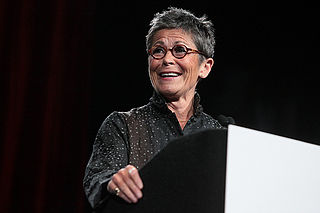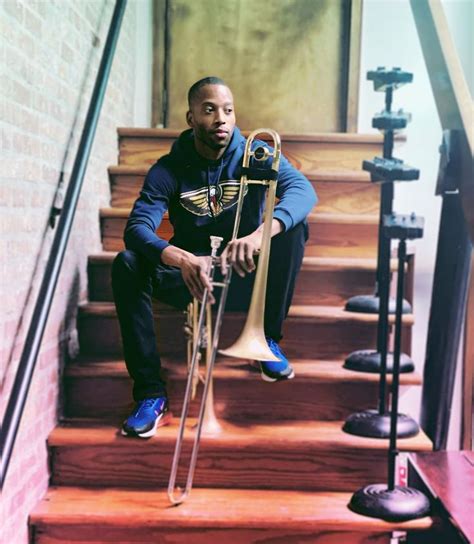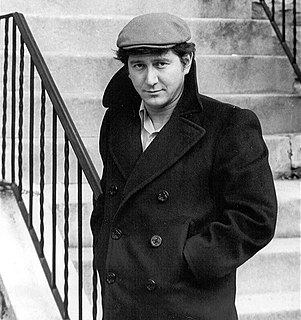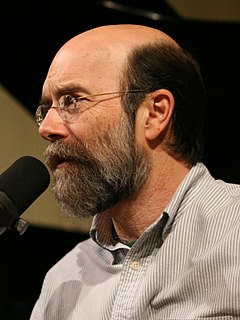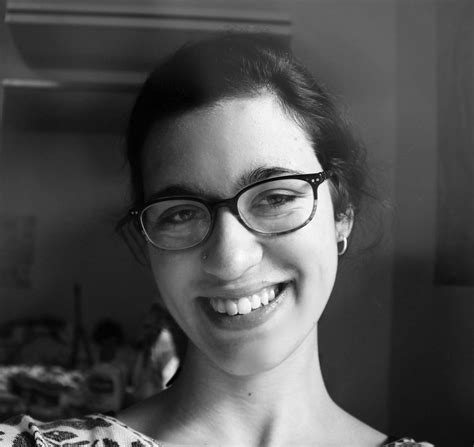A Quote by Terence McKenna
The possibility seems to be that what we call styles, or what we call motifs, are actually categories in the unconscious.
Quote Topics
Related Quotes
In this political climate, people are so shut down to other ideas - I call it a hardening of the categories - that if you can get them to open up and laugh, there is a possibility of improvement, and a possibility of change. I think humor sneaks up on people, and before you know it, you're laughing at something you might not agree with.
As I was a kid, I had a bunch of musicians, they always told me that I should listen to all styles of music and try to play all styles and be authentic at it, if I can, because you never know who's gonna call you. This was coming from fellow horn players who would get the call to play with different types of people. Since I was a kid, that was just something I was always interested in.
The unconscious is the only available source of religious experience. This in certainly not to say that what we call the unconscious is identical with God or is set up in his place. It is simply the medium from which religious experience seems to flow. As to what the further cause of such experience might be, the answer to this lies beyond the range of human knowledge.
There are many different kinds of doubt. When we doubt the future, we call it worry. When doubt other people we call is suspicion. When we doubt ourselves we call it inferiority. When we doubt God we call it unbelief. When we doubt what we hear on television we call it intelligence! When we doubt everything we call it cynicism or skepticism.
In every sport there comes a moment when a spell of bitter weeping seems like a fair recess from whatever tough work is going on. It's only the steeliest among us who can fight the urge to turn negative-who instead will make contact and redouble her efforts. Call it grace under pressure. Call it grit....call it excellence.
The collective unconscious appears to consist of mythological motifs or primordial images, for which reason the myths of all nations are its real exponents. In fact the whole of mythology could be taken as a sort of projection of the collective unconscious. We can see this most clearly if we look at the heavenly constellations, whose originally chaotic forms are organized through the projection of images. This explains the influence of the stars as asserted by astrologers. These influences are nothing but unconscious instrospective perceptions of the collective unconscious.
There comes the baffling call of God in our lives also. The call of God can never be stated explicitly; it is implicit. The call of God is like the call of the sea, no one hears it but the one who has the nature of the sea in him. It cannot be stated definitely what the call of God is to, because his call is to be in comradeship with himself, for his own purposes, and the test is to believe that God knows what he is after.

